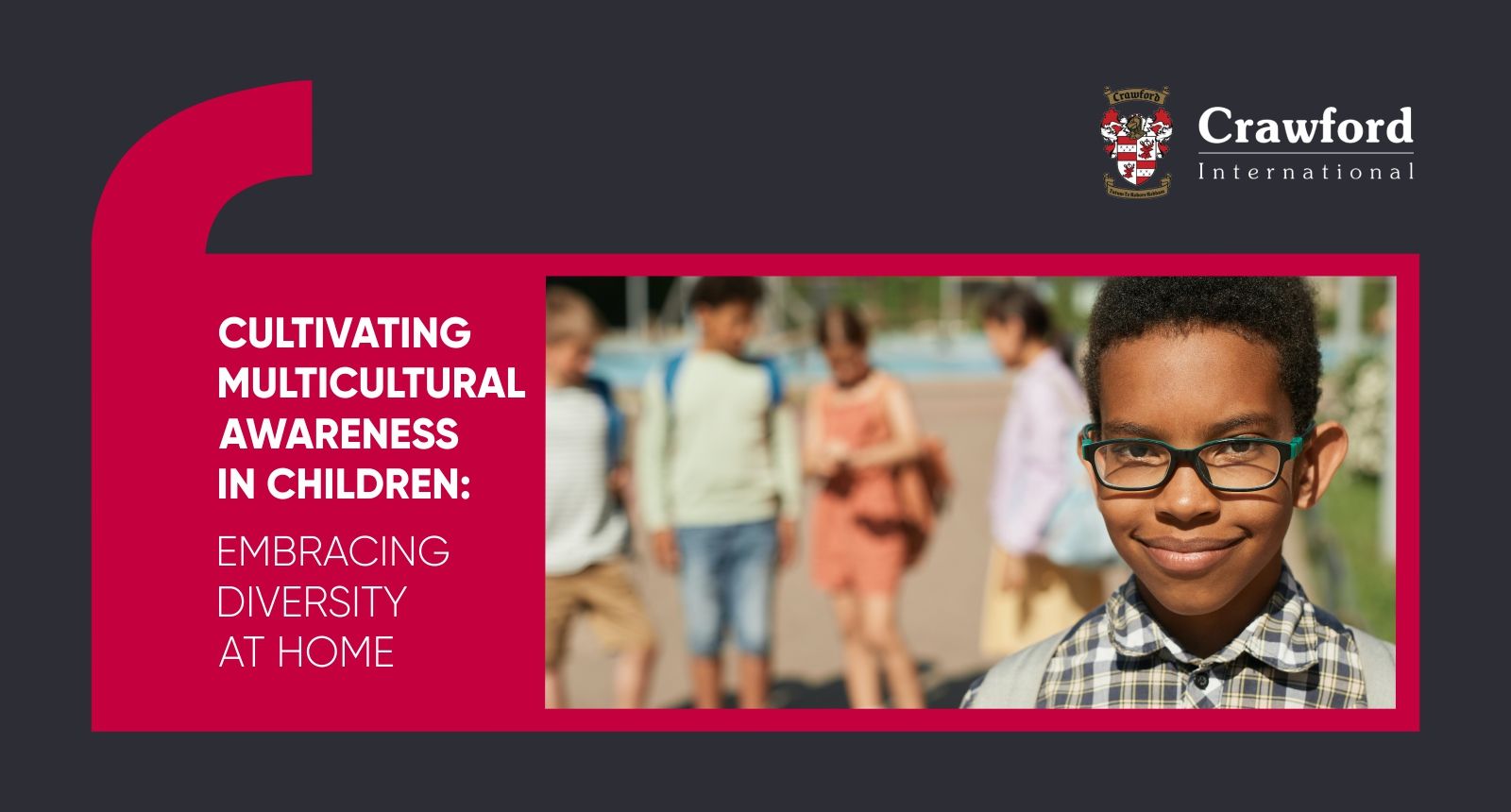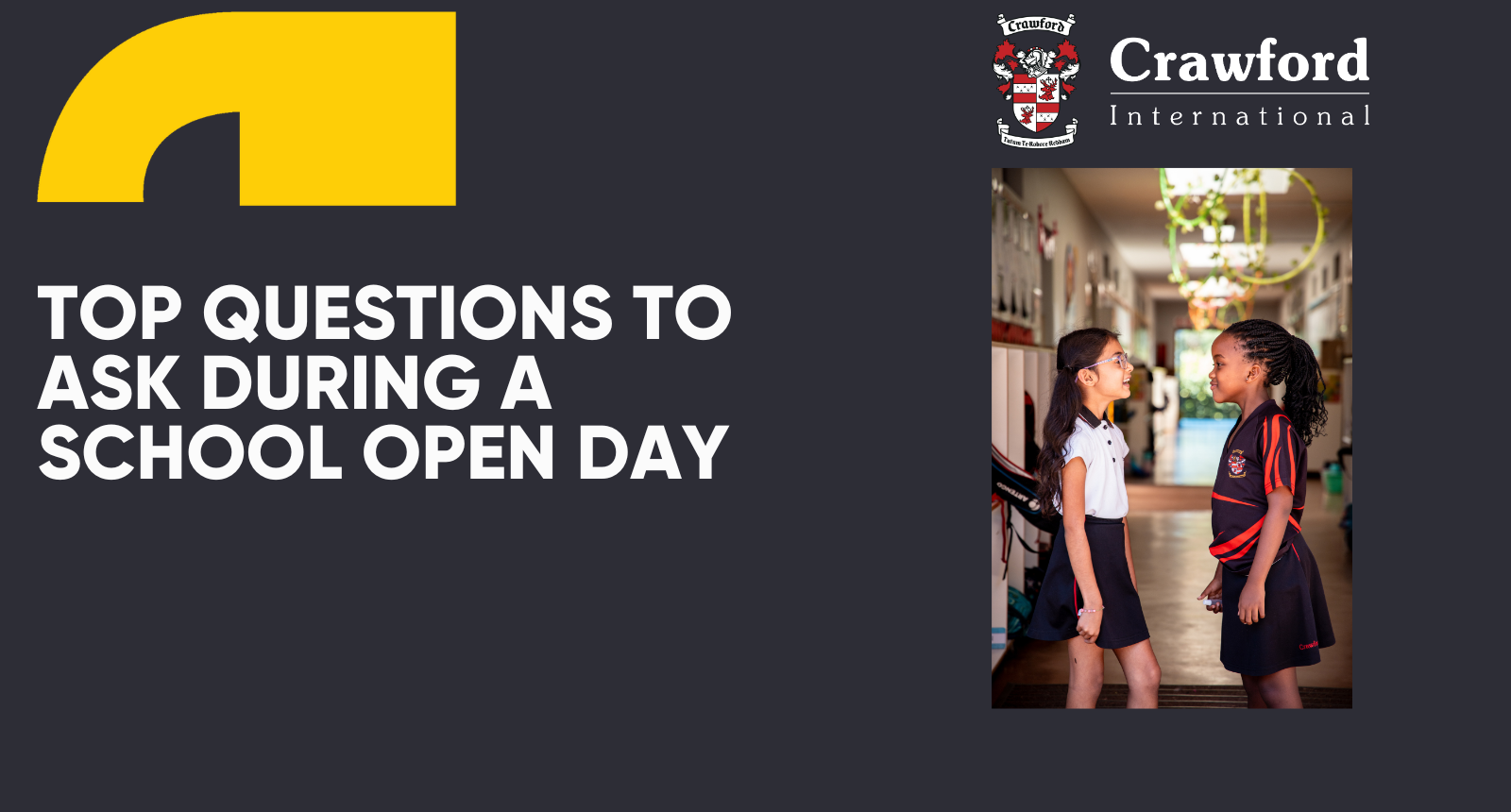Cultivating Multicultural Awareness in Children
Karabo Molokomme • July 28, 2023
Cultivating Multicultural Awareness in Children

“Look Mommy, look!” These words, excitedly shouted by young children, can inspire terror in any parent. You think to yourself: What are they looking at? Why are they talking so loud? Can the person they are pointing at hear them?
Children do this when they see something that is not familiar to them – perhaps a person with a disability or a person from another culture, wearing cultural or traditional dress. Before you feel mortified and reprimand your child with a “It’s rude to point”, stop a minute and take the opportunity to offer your child a valuable lesson in differences or multi-cultural awareness.
As parents our natural response in a public setting is to quiet our child when they observe people who are different to them. We shut down their questions to avoid our own embarrassment. However your child should not be made to feel like they did or said something wrong when they simply questioned new things. Their questions are valid, and it is important they get the understanding they are looking for. It’s our responsibility to nurture information and inspire interest if we want our kids to move successfully through this dynamic world of diversity and acceptance.
Teaching our children to have an awareness of other cultures, races, religions, and backgrounds not only solidifies their own cultural identity, but by understanding, respecting and embracing diversity, they have the tools to form positive relationships that encompass empathy and kindness . After all, it’s in showing sensitivity towards our differences that often reveals our similarities. And we want nothing more than for our children to thrive in an ever-changing, culturally-rich global community.
Here are eight simple ways to broaden multi-cultural awareness in your home:
1. Food:
You don’t have to be an expert in “other cultures” to try new recipes at home. Explore different tastes and flavours while learning where they come from.
2. Music:
Look for international playlists and world music on Spotify or YouTube to play at home, in the car, while studying or cooking dinner. It’s easy and provides a melodic portal into another culture.
3. Film:
Watch age-appropriate sub-titled movies to discover new worlds different to theirs.
4. Play:
Arrange playdates with children from different backgrounds. Ask questions and encourage conversations.
5. Fun:
Find opportunities to enjoy diversity within areas of their interests by joining a sports club, martial art, cooking, theatre, or cultural dance class.
6. Celebrate:
Investigate and diarise the dates of special celebrations in other religions and join in! Traditional dinners, religious services or cultural festivities are great ways to learn more about other customs and the people who celebrate them.
7 Language:
Children gain so much from learning a new language. It opens the door to new pockets of people and broadens your child’s experience of the world. A global citizen in the making.
8 Travel:
Of course, visiting a new country to experience the culture first-hand is wonderful if you can.












